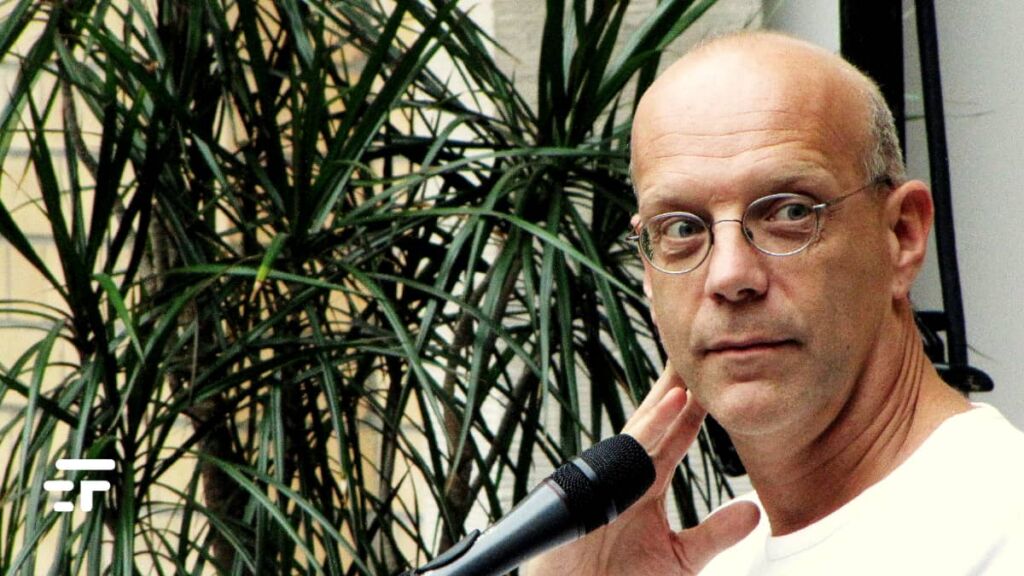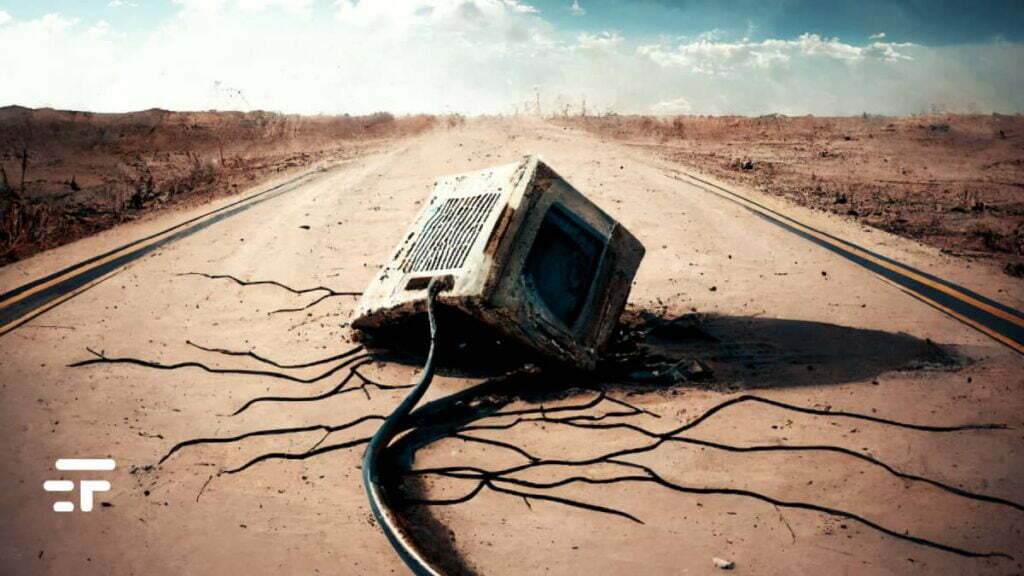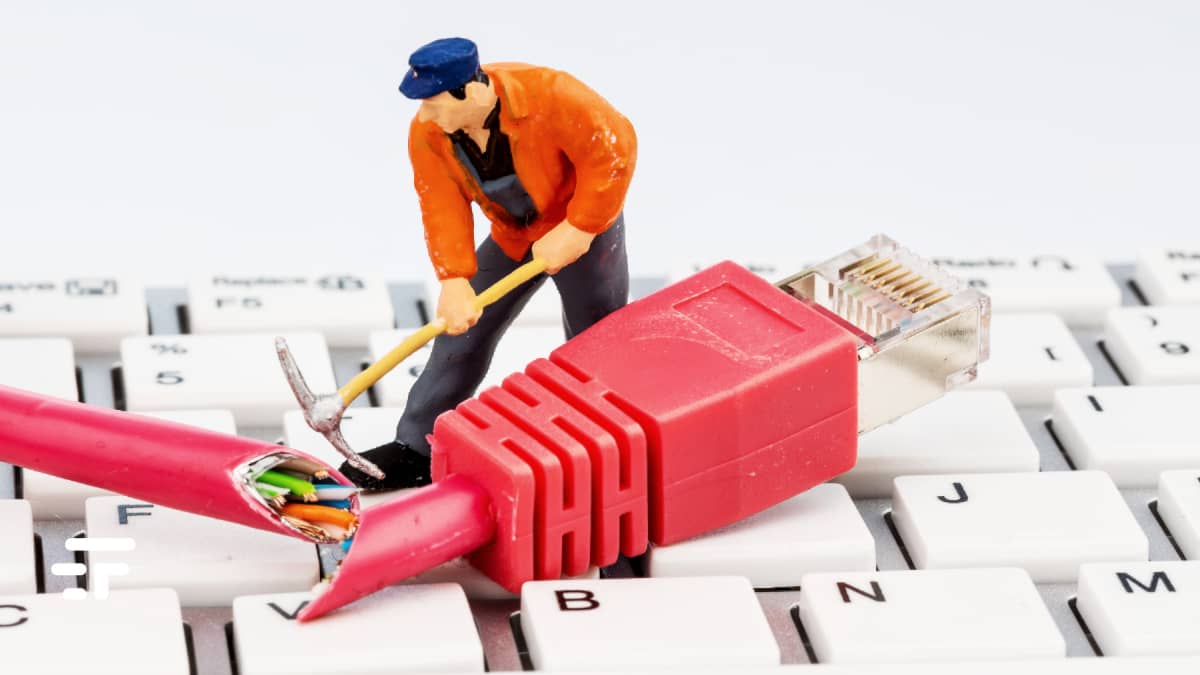According to Professor Geert Lovink from the University of Amsterdam, the risks of sharing one's opinion online could become so great that people disconnect from the Internet. In his latest essay entitled “Extinction Internet“, (I link it here) Lovink foresees a future where the Internet (in part) disappears due to our dependence on technology and the lack of truly equitable social platforms. In the past, Lovink has devoted himself to the study of critical counterculture and possible alternatives, but now he highlights the fact that the Internet and addictive apps are in the hands of Big Tech, which often neglects individual rights and the well-being of society. He even founded a sort of precursor to the web: it was called "The Digital City", and in his intentions it was to be a decentralized network managed directly by citizens for citizens. It didn't work. And now? It might work? In other words: ok, the internet is broken, but can it be fixed?
Maybe not
There may come a time when it will be too late, and the negative consequences can no longer be controlled. Even Big Tech he might be aware of this. The example represented by the continuous "wipe down" that Mark Zuckerberg tries to give to his social networks could be clear.
Lovink's opinion is based on the fact that "normal" users are starting to pay a price for their addiction to the Internet and social media. A psychological and physical toll. Many young people suffer from anxiety disorders and of self-image, and our brain has started to outsource some critical functions: our short-term memory and attention are getting worse and fragmented. In short, the way the network is structured today, it is leading us to a critical point.

Not to mention privacy
Social control is increasingly present and users are closely monitored. According to Lovink, our supposed freedom of expression no longer exists. Even in countries like his (the Netherlands), the consequences for those who share non-mainstream views online can be severe, with many becoming less and less willing to voice their views.
For Lovink, this sophisticated control could soon become so invasive as to push people to avoid all or part of this technology. Drawing a parallel with the climate crisis, the scientist states that “climate emergencies have reached an irreparable point. People have started to mobilize en masse, because individual actions such as installing solar panels are no longer enough."
What could an “internet extinction” look like?
Imagine a future where some online services become inaccessible. The cause? You do. A geopolitical crisis, a serious climate emergency, or something else. In this scenario, Internet access may become limited or even impossible. For many of us, the idea of being disconnected from the Internet is unthinkable, especially for digital natives. People who have been using this tool since birth, and don't know the world that existed before. Yet, says Lovink, we must be ready to consider this possibility too.
After all, a year ago even the idea of running out of gas seemed inconceivable, but the Ukrainian conflict made this circumstance possible. Considering that the entire population now depends on the Internet, this tool could be re-proposed in a reduced and elite form. Services like that of satellite internet they could offer a wealthy few the ability to stay connected to a less extensive network, or to critical infrastructure.

The Internet and the Tipping Point: What Can You Do?
Lovink seems rather disheartened in his essay, and perhaps he is right. However, if we do not want to resign ourselves to the fact that since September 11th the Internet has been "shaped" to monitor us, control us and repress us (by hook or by crook), there is perhaps still something we can do.
We should start promoting freedom of expression and digital rights, for example. Support projects and platforms that foster decentralization and democratic participation, like Mastodon. We should raise everyone's awareness of the importance of privacy and protection of personal data. Support the development of the population's digital skills, insist on politicians to change laws that favor, or do not prevent, control and repression on the Internet.
Let's try to take care of this wonderful instrument, because left in the hands of a few giants it has become a nightmare, and could end up in pieces.


